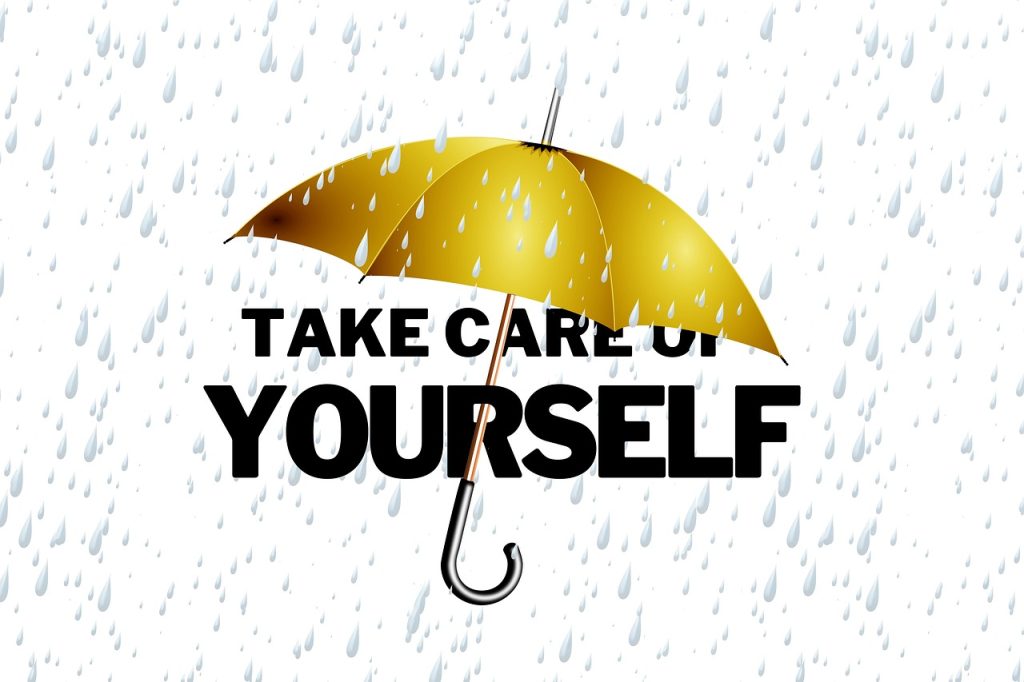Imposter syndrome is a pattern of thinking that leads a person to doubt their achievements, their knowledge, and their capability. It’s fueled by negative thinking and associated self talk which is often accompanied by the fear of being exposed as a ‘fraud’. As a business coach, I hear the words “imposter syndrome” muttered often, especially with startup entrepreneurs. New business owners are particularly vulnerable because they are navigating uncharted waters. The feeling of imposter syndrome is not restricted to the inexperienced; even serial entrepreneurs can face this challenge. In this blog, we’ll delve into practical strategies to overcome this psychological hurdle and help you foster a healthier mindset for your entrepreneurial journey.
According to research, almost 70% of adults will at some point in their lives feel like imposters, so it’s critical to acknowledge that impostor syndrome is not a mental illness but a widespread phenomenon. It may be the result of your own convictions, social influences, or the risks involved in launching and operating a business.
*Give yourself a comfort hug and acknowledge that the successful business leader you admire has likely experienced the same feelings.
Impact on Business
Being caught between the desire to grow your business and the (unconscious) fear of achieving success could be stopping your business’s growth. That fear may be a sign of other concerns, such as dreading responsibility, making a mistake, uncertainty, or an identity shift, such as moving from being an employee to being a business owner.
Strategies to Help Overcome Imposter Syndrome
Acknowledge Your Feelings
Psychologists and counsellors use a technique called affect labelling, or emotional labelling, which is a process of acknowledging and saying out loud your feelings rather than dismissing them. You can then try to understand why you feel like an imposter and examine and address the root causes. Start by asking yourself if your feelings stem from a lack of experience, self-doubt, or external pressures. You could explore the reasons behind your feelings with a trusted business coach or friend who can ask the tough questions from an objective viewpoint.
* Recognising and accepting your feelings as a normal part of the entrepreneurial process can be incredibly liberating.
*It’s also important to note that your emotions are not a genuine representation of your skills or value but rather an indication of your commitment and dedication.
Reframe Your Thoughts

Changing the narrative and self-talk in your mind is a powerful tool. Instead of thinking, “I’m not qualified,” try to reframe it as, “I’m learning and growing in this role.” This shift in perspective acknowledges your journey and growth rather than focusing solely on your current state.
*By framing your experience as a learning curve, you give yourself permission to not have all the answers right away, which is a normal part of the entrepreneurial process.
Celebrate Your Achievements

Take time to reflect on your achievements, no matter how small they may seem. Keeping a record of positive feedback, successful projects, and milestones can serve as a tangible reminder of your capabilities and accomplishments. This can be as simple as maintaining a journal or a file with positive feedback, thank-you emails, and notes of successful outcomes. This concrete evidence can counteract feelings of fraud and remind you of the value you bring to your business and your community.
Seek Support
Don’t hesitate to seek support from your business coach and mentor, peers, or professional networks. Discussing your feelings with a trusted business coach can provide reassurance, different perspectives, and validation. As American professor and writer Brene Brown explains in this Ted Talk, vulnerability can be a strength, not a weakness.
*Building a support network can provide you with a sounding board for your ideas and fears, allowing you to gain insights and advice from those who have been in your shoes.
Focus on Learning

Embrace a mindset of continuous learning. No one knows everything from the start. Accept that mistakes and failures are part of the entrepreneurial journey and valuable learning experiences.
*By focusing on what each experience teaches you, you shift the focus from proving yourself to improving yourself, which is a more productive and healthy approach.
Set Realistic Expectations
Be realistic about what you can achieve. Setting unattainably high standards for yourself can make feelings of inadequacy worse. Understand that perfection is not the goal; progress is!
*By setting achievable goals and recognising the incremental steps you are taking towards them, you can build confidence and reduce the pressure that feeds imposter syndrome.
Practice Self-Compassion

Treat yourself with the same kindness and understanding that you would offer to a friend in your position. Self-compassion can be a powerful antidote to imposter syndrome.
*Speak to yourself with encouragement and empathy, recognising that the entrepreneurial journey is challenging and it’s okay to have moments of doubt.
Moving Forward
Overcoming imposter syndrome is not about eliminating self-doubt entirely but learning to manage it effectively. Your entrepreneurial journey is unique and filled with challenges and triumphs. Embracing this journey, with all its ups and downs, is part of what makes you a capable and evolving business owner.
- Remember, the path to success is a learning process, and every step, even the uncertain ones, contributes to your growth.
- By using a blend of self-awareness, proactive mindset shifts, and support, you can build a more confident and assured approach to your entrepreneurial endeavours.
- Remember, your value as an entrepreneur is not defined by your doubts but by the passion, resilience, and dedication you bring to your venture.
As always, while this blog provides general strategies to tackle imposter syndrome, it’s important to remember that each individual’s experience is unique. For more personalised advice or if you’re dealing with persistent self-doubt affecting your mental health, consider seeking professional guidance. Remember, seeking help is a sign of strength, not weakness, and it can be a crucial step in your journey to personal and professional fulfilment.


